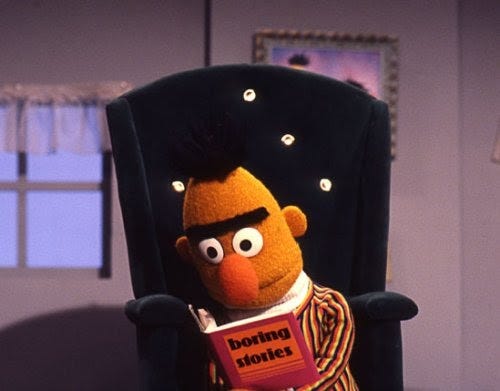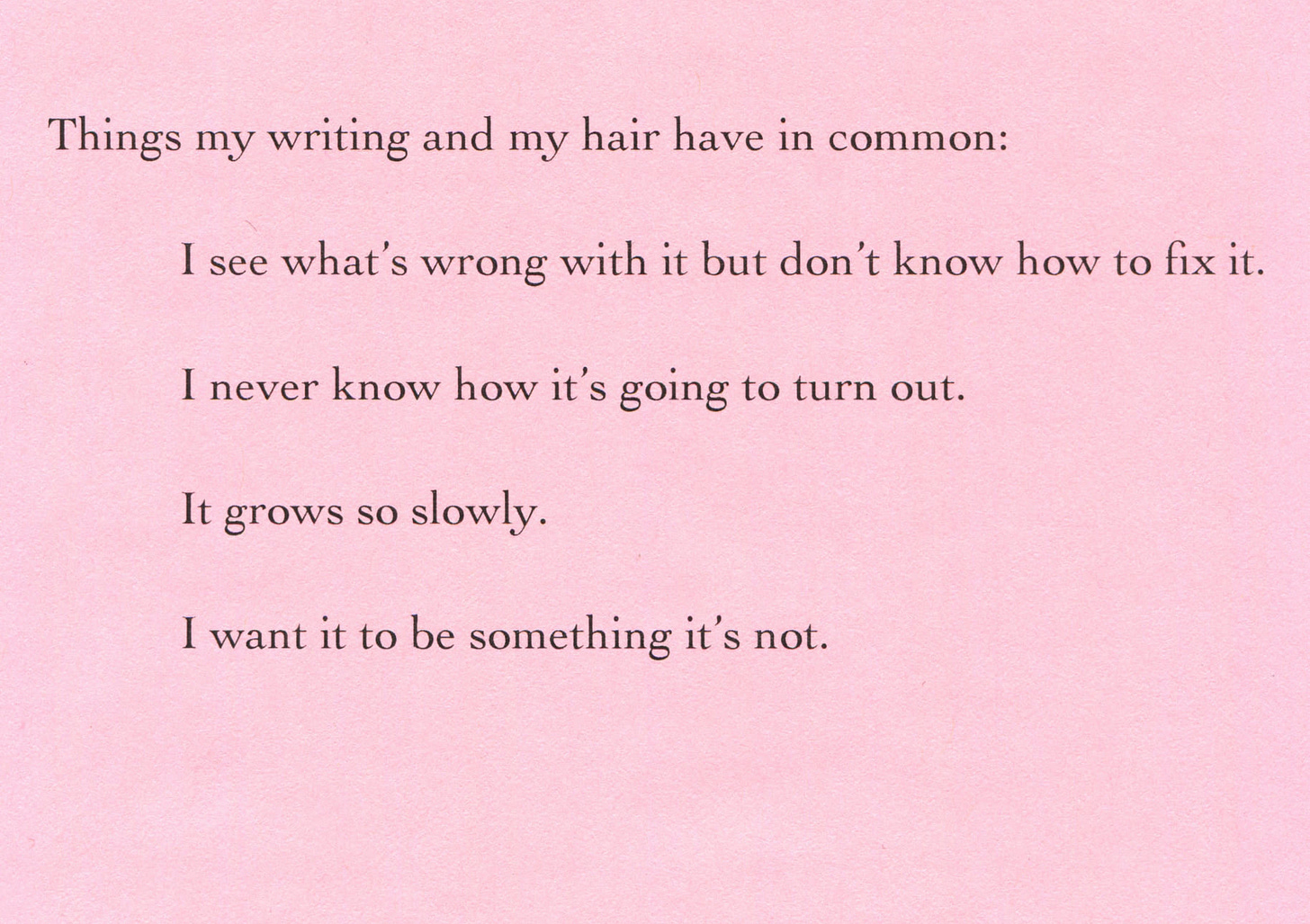Should You Track Your Writing Habits?
My tips for writing within a productivity-obsessed culture.
It’s no secret that we live in a culture that values productivity over most things.
Lately, I’ve noticed more and more people saying “nope” to productivity tools like habit-trackers because of the ways they push us to measure the process instead of enjoying it.
I don’t believe we should go so far as to track every little variable of our lives. But in certain scenarios, I’ve found that habit tracking can be an effective tool, especially in writing.
Writing Habits I’ve Tracked
A few years ago, I did a 100 day challenge that helped me establish a daily writing habit. I’ve also set my fair share of lofty word count goals—in fact, that’s how I finished the first draft of my novel last year. I even tracked my reading in 2019 in an effort to push myself to read 52 books in 52 weeks.
Some of these tracking experiences were more effective than others.

Writing 1,000 words a day for 100 days in a row certainly got me into the habit of writing no matter what. Was any of the writing I wrote during those hundred days actually… good? No! But that wasn’t the point. The goal was to simply show up and crank out the words, and in the process of doing so, I improved my endurance as a writer. I developed a stoic attitude about writing, showing up to the page no matter what.
Setting a weekly word count goal to write a draft of my novel was the most effective strategy to help me finish it. By resolving to write thousands of words a week, I didn’t have time to second guess myself or feel afraid. I had to just keep writing in order to meet my weekly goal and finish the draft.
Tracking my reading, however, was less of a success story. I’ve always been a slow reader—lots of writers are notoriously slow because we love to read the same sentence over and over again—and pushing myself to read a book a week for a whole year wasn’t a comfortable pace. I originally set the goal because I wanted to learn how to be a faster reader, but if the challenge taught me anything, it’s that I need to accept my reading pace for what it is.
Yes, the challenge helped me make more time to read, but what was the point if I wasn’t enjoying what I was reading? I felt I couldn’t abandon books because it would put me behind on my goal, so I often ended up finishing books I wouldn’t have been interested in finishing if I hadn’t been working toward a reading quota.
If you’re interested in learning more about my experiences with these habit-tracking challenges, I wrote about my reading challenge for The Millions and my 100 day challenge for Babes Who Hustle.
Reasons to Avoid Habit Tracking
Nicole Zhu, a brilliant writer and thinker whose newsletter I absolutely adore, recently wrote about the problems with self-optimization:
“I’ve definitely fallen into the trap of tracking every single thing, of gamifying my interests and hobbies in ways that suck the fun out of the activities themselves.”
On top of sucking the fun out of activities, habit tracking can keep folks from actually improving their abilities. The variable being tracked—words written, time spent writing, chapters completed—often doesn’t actually get us any closer to becoming better writers. It’s simply something to achieve, to make us feel like we’re improving (which is exactly how I felt when I was reading a book a week for a year).
Of course, improvement shouldn’t be our goal in every single thing we do. We should have what Cal Newport calls “high-quality leisure activities,” things we do purely because they bring us joy.
When I walk my dog, for instance, I’m not trying to “optimize our time” or whatever by rushing back home. I’m just trying to get outside with her, stretch our six collective legs, get her tail wagging, and give her a few treats along the way. (Who am I kidding? Susan always gets more than “a few” treats.)
When we’re doing something in order to work toward improvement, though, the self-surveillance involved with habit tracking isn’t always a guarantee for actual success, even though the point of it is to measure success.
Speaking on this very subject in a recent episode of his Daily Stoic podcast, Ryan Holiday asked his listeners a very important question:
“Are you actually trying to improve? Or do you just want to make yourself feel better for a second?”
When I spent a year reading a book a week, I realized midway I didn’t genuinely want to improve anything about my reading habits. The challenge taught me that becoming a faster reader wasn’t actually of value to me. It made me feel good to see my reading streak on Goodreads, but while I was reading, I didn’t improve anything. I just ended up finishing a bunch of books I didn’t actually enjoy.
Before setting a goal (writing-related or otherwise) that involves tracking, take a moment to ask yourself, “Is this actually going to help me improve? Or do I just want to feel like I’m being productive?”
Reasons to Consider Tracking Habits
The effectiveness of habit tracking is not contained in the measurability of success. I believe its potency comes from showing up for a streak so we can push ourselves beyond our edges.
I believe that a habit is worth tracking when we’re curious enough about what might happen if we show up for it regularly enough.
If you feel your fear holding you back from bringing your writing project to the next stage, try tracking a word count that pushes you past your edge. That way, you won’t have time to be afraid. You’ll just have to keep writing.
If you feel yourself getting timid on the page, see what happens when you track the time you show up to your desk. What would happen if you showed up to your writing at the same time every day for a whole month? Would you be able to shove yourself out of timidity by making a new kind of commitment to your work?
It’s important to remember that the effectiveness of habit tracking isn’t in the numbers at all. It’s in the process of doing what it takes to be able to rack up that glorious streak.
Aside from habit-tracking, how else do you get started on a new writing project?
“I start in fragments—emails to myself and small thoughts in a notebook. Once I feel like there's a critical mass of things to explore, I start writing out-of-order scenes, depending on whatever seems exciting that day.” —Caitlin
“I used to be the type to start with outlines and calendars and deadlines and basically everything BUT writing. Lately, I've gotten better at just opening a notebook or doc and just starting, and it unsurprisingly is much more productive.” —Becca
I’d love to hear about your writing life. Answer my reader questionnaire and I may include your response in future issues of the newsletter! If you’ve provided your answers in the past, I’d love to have you back to answer the new ones I’ve added.
Workshop Waitlist
My upcoming workshop sessions are full, but if you’d like me to add you to the waitlist or notify you about future workshops and classes, fill out either form here.
Reading at the Cummer Museum
Tonight, I will be reading pages from my diary at the Cummer Museum of Art and Gardens. The event is free, but limited spots are available, which you can register for here. Hope to see my Jax friends there—wear your cutest mask!
Tell me about your lonely victories.
“I recently crossed the 200K mark in the novel I started back in February!” —Julia
Lonely Victories is a labor of love. You can support my work shopping my Bookshop.org affiliate page or tipping me for coffee.
Special thanks to Becca Wucker for editing this issue and to Aysha Miskin for designing the Lonely Victories banner.
Learn more at hurleywinkler.com and say hello on Instagram and Twitter.
“Writing alone can give you a very deep sense of satisfaction and lonely victory.” —Greta Gerwig














I loved this issue! Thank you for writing it! :)